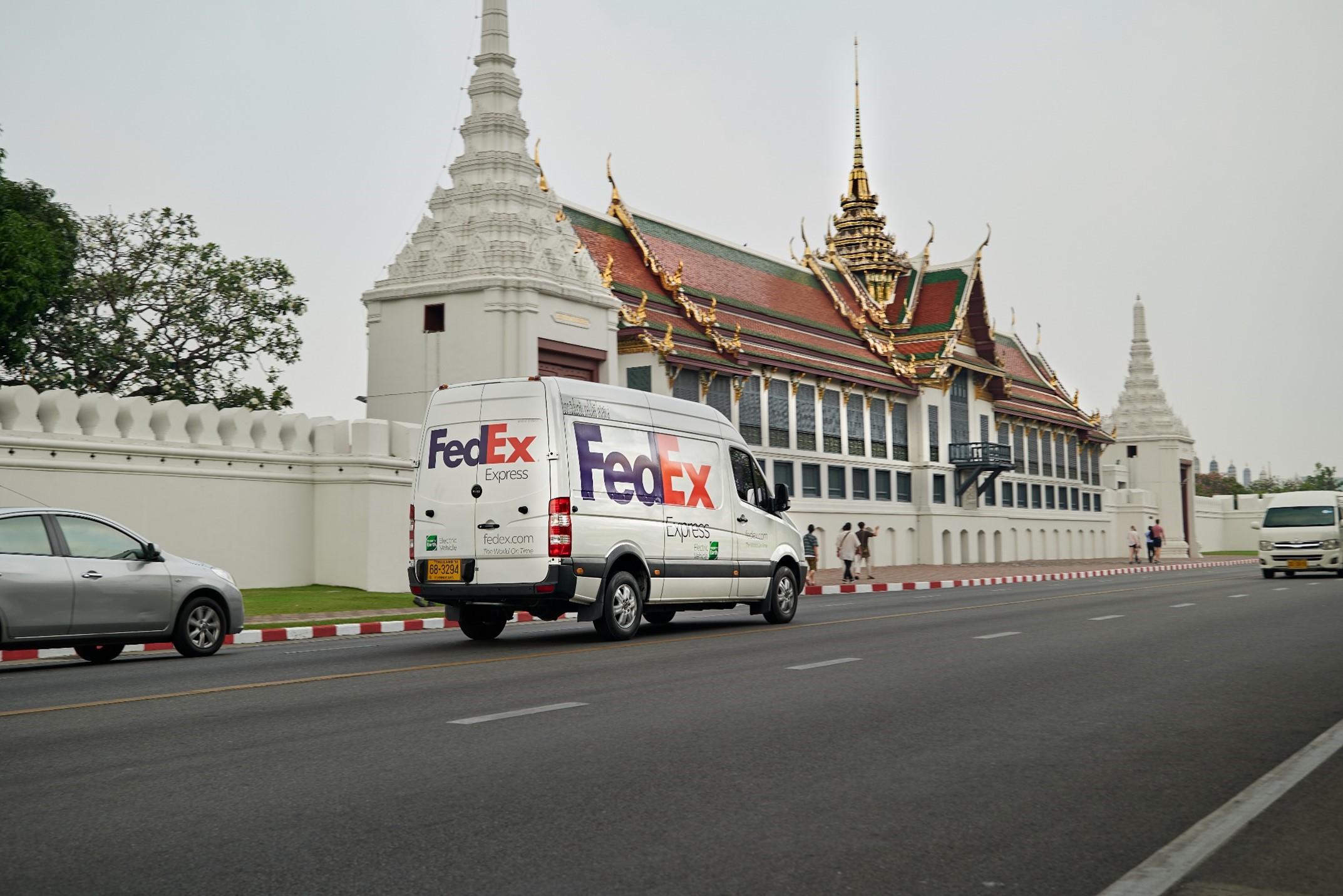By Salil Chari, senior vice president, marketing and customer experience, Asia Pacific, Middle East, and Africa, FedEx Express
In an ever-evolving business landscape, sustainability is an increasingly important consideration in consumers’ decision-making process. However, many business leaders are failing to recognise quite how important sustainability has already become as a sales driver. SMEs in Asia must adapt and align with these shifting consumer expectations.
Across the Asia Pacific, Middle East, and Africa (AMEA) region, sustainability holds substantial appeal for consumers who are actively seeking out companies that align with their values and actively contribute to a sustainable future.
FedEx research shows that remarkably 80% of AMEA consumers expect the merchants they purchase from to pursue sustainable business models. 70% of consumers prefer to buy from companies that have effective environmental, social, and governance (ESG) strategies in place.
Taking a closer look at the delivery service field, the research findings reveal that 67% of consumers in the region express equal interest in receiving their goods quickly and ensuring the sustainability of the online shopping process. Consumers in Vietnam, Thailand, and South Korea, though, prioritise sustainability over delivery speed.
It is evident that sustainability is not a mere trend but a fundamental expectation that businesses must address. Clearly, developing robust ESG strategies is an effective way for businesses to differentiate themselves in the competitive market landscape and establish brand loyalty.
And yet approximately 68% of SMEs either fear the associated costs or remain unconvinced about the return on investment in sustainability efforts.
Leveraging data for sustainability gains
The carbon footprint of any company is composed of both direct and indirect emissions sources. Scope 1 emissions come directly from a company’s operations. Scope 2 are indirect emissions that come through the purchase of energy.
Scope 3 emissions are generated in the upstream and downstream value chain. For many companies, Scope 3 emissions account for 80% of their overall carbon emissions. Tackling Scope 3 requires benchmarking to measure and track emissions so that reduction strategies can be developed and implemented.
Logistics can serve as an ideal starting point on the sustainability journey for SMEs, with significant potential for reducing carbon emissions. At FedEx we believe that data makes the world work better, and data can be applied to help businesses operate more sustainably. A good example is using data to make more informed decisions on shipping strategies.
To support this process, FedEx Dataworks has created a cloud-based data tool that uses near-real-time data from our network to estimate CO2e emissions from shipping activities. FedEx® Sustainability Insights enables customers to get better visibility of emissions within their supply chains to support reporting and future planning.
Customers can view emissions data for individual tracking numbers as well as aggregated historical data of their shipments. This helps them decide how to meet their own customers’ expectations and drive their own business and sustainability efforts forward.
Decarbonising the supply chain to meet consumer expectations
Logistics providers can also play a broader role in helping SMEs reduce their Scope 3 emissions. FedEx is taking active steps to achieve carbon neutral operations by 2040 by focusing on areas such as electrification of pickup and delivery vehicles, sustainable packaging solutions, more efficient facilities, fuels, and fleets, as well as making investments in natural carbon capture research.
Preferentially partnering with sustainability-minded logistics providers is a smart choice that supports company-wide efforts in creating and executing a sustainability strategy that consumers today are looking for.















